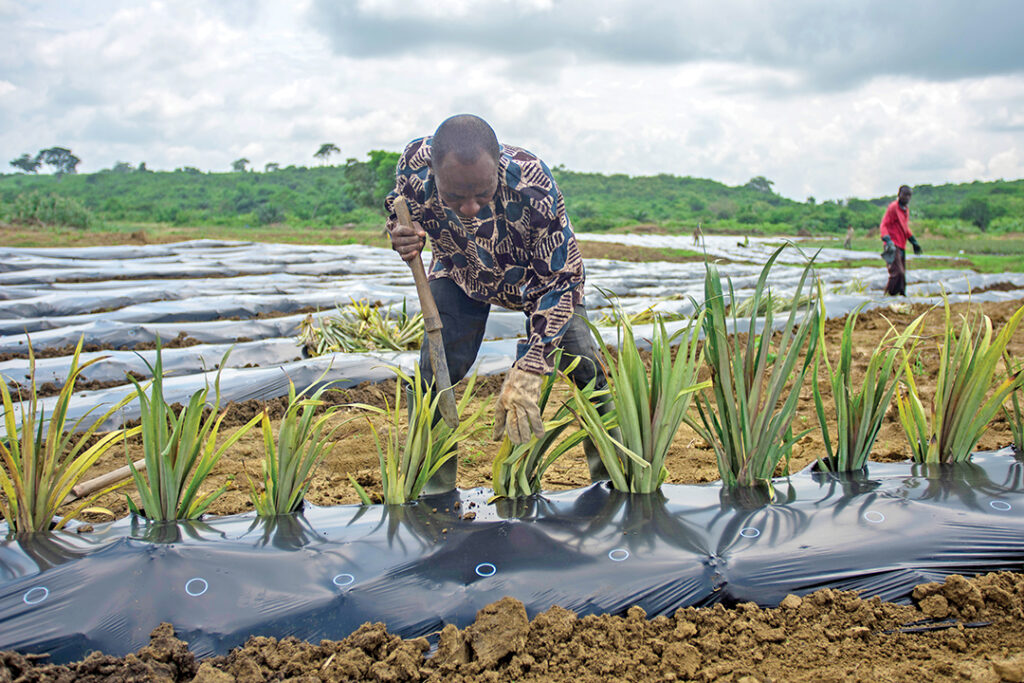VOICE OF AMERICA
In Ghana and elsewhere in West Africa, organic food is growing in popularity. But organic produce is not easily regulated, and consumers are paying extra for unverified claims.
Farmers across the region have created their own system, with support from international bodies, to certify that produce is organic, meaning it is grown without the use of chemical pesticides or synthetic fertilizers.
Organic farmer Kobina Hudson grows about 40 types of vegetables and fruits in Ghana. Up until about a year ago, the only way his customers could be assured of his organic practices was by trusting his explanations. But now, across Ghana, farmers like him take part in a participatory guarantee system (PGS).
Farmers monitor each other to follow organic guidelines with spot checks, reviews of practices and knowledge sharing. Their products are then certified organic to sell to local markets.
Hudson supports the system. Before its introduction, he would have to explain his farm and practices to customers, even inviting them to visit the farm themselves.
“With PGS, it’s a certificate, so it’s always easier if you can say that ‘This body, you can call this body, I’m registered with them — they have certified me.’ That’s why I definitely want this PGS to work,” Hudson said.
PGS organic agriculture plans are used across the world. This system also is used in Benin, Burkina Faso, Nigeria, Senegal and Togo.
“Many people in Ghana just say, ‘I do organic,’ and they don’t really have the deep understanding of what organic is, so it’s been a challenge,” said Abosede Olawumi Benedict, system coordinator in Ghana. “But we kind of see a new dimension with COVID-19 — so many people really want to be sure now that what they are eating that has been labeled organic is organic.”

